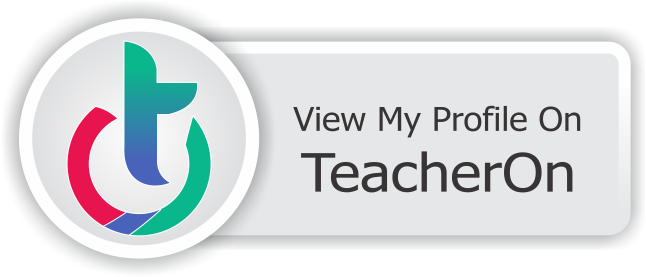Spreading Islam in Today's Fast World: The Role of Online Islamic Education
In an era defined by rapid communication and global connectivity, the spread of Islamic knowledge faces both unprecedented challenges and opportunities. The digital revolution has transformed the dissemination of information, making it imperative for Islamic education to adapt and thrive in this fast-paced world.
The Imperative of Spreading Islamic Knowledge
Islam, as a religion and a way of life, has always placed great importance on the spread of knowledge. The Prophet Muhammad (peace be upon him) emphasized that seeking knowledge is an obligation for every Muslim. In today's context, this pursuit extends beyond physical boundaries, reaching hearts and minds across the digital landscape.
Overcoming Traditional Barriers
Traditional methods of imparting Islamic knowledge, while rich in history, often struggle to keep pace with the swift currents of modern life. The need for accessible and flexible learning solutions has never been greater, as Muslims around the world juggle various responsibilities while striving to learn about their faith.
Online Islamic Education: A Gateway to Wider Reach
Online platforms have emerged as powerful tools for spreading Islamic teachings. They offer a gateway to a vast array of resources, from Quranic exegesis and Hadith studies to Islamic jurisprudence and history. These platforms enable scholars to reach a global audience, transcending the limitations of time and geography.
Speedreading Islam in Today's Fast World: Embracing Online Islamic Education
In a world where the pace of life is ever-accelerating, the quest for knowledge remains a constant. The pursuit of Islamic education, with its rich heritage and profound teachings, is no exception to this modern-day rush. As Muslims seek to understand their faith amidst the hustle and bustle of daily life, the concept of speedreading emerges as a valuable skill, particularly when paired with the accessibility of online learning.
The Essence of Islamic Learning
Islamic education is not merely the acquisition of knowledge; it is a journey of spiritual and moral development. The teachings of Islam encompass a comprehensive way of life, guiding believers in aspects ranging from worship and jurisprudence to ethics and social justice. Historically, Islamic knowledge was transmitted through direct teacher-student interactions, often in mosques and madrasas, where the emphasis was on meticulous study and memorization.
Challenges in Traditional Learning Methods
While traditional methods have their merits, they pose challenges in today's context. Time is a scarce commodity, and the commitment required for conventional study is often unfeasible for many. Moreover, the geographical limitations of accessing renowned scholars or authentic resources can hinder the educational aspirations of countless individuals.
The Rise of Online Islamic Education
Enter the digital age, where online Islamic education platforms have revolutionized the learning landscape. These virtual classrooms break down the barriers of time and space, offering courses ranging from Quranic Arabic to Islamic theology, all at the learner's convenience. The diversity of online resources – including lectures, e-books, and interactive modules – caters to different learning styles and paces.
Speedreading Techniques for Islamic Studies
Speedreading, the practice of rapidly absorbing written material, is a skill that can be particularly beneficial for Islamic studies. Techniques such as skimming for main ideas, scanning for specific information, and meta guiding can help learners navigate through vast amounts of text efficiently. However, it is crucial to balance speed with comprehension, especially when studying texts that require reflection and deep understanding.
Case Studies: Success Stories of Online Learning
The impact of online Islamic education is evident in the success stories of its beneficiaries. From busy professionals to stay-at-home parents, learners worldwide have harnessed the power of the internet to deepen their faith. Speedreading has enabled them to cover more ground quickly, while online discussions and forums provide a platform for clarification and deeper engagement.
Tools and Resources for Effective Learning
A plethora of tools and resources are available to aid learners in their quest. Apps like Quran Companion and Learn Quran Tajwid offer interactive experiences for mastering Quranic recitation, while websites such as Islamic Online University and SeekersGuidance provide comprehensive courses on various Islamic disciplines. Speedreading apps and browser extensions can also be integrated into one's study routine to enhance efficiency.
Conclusion
The fusion of speedreading techniques with online Islamic education presents a promising avenue for Muslims striving to connect with their faith in today's fast-paced environment. By embracing these modern educational tools, the timeless wisdom of Islam can be disseminated more widely and effectively, fostering a well-informed and spiritually enriched Ummah.



No comments:
Post a Comment